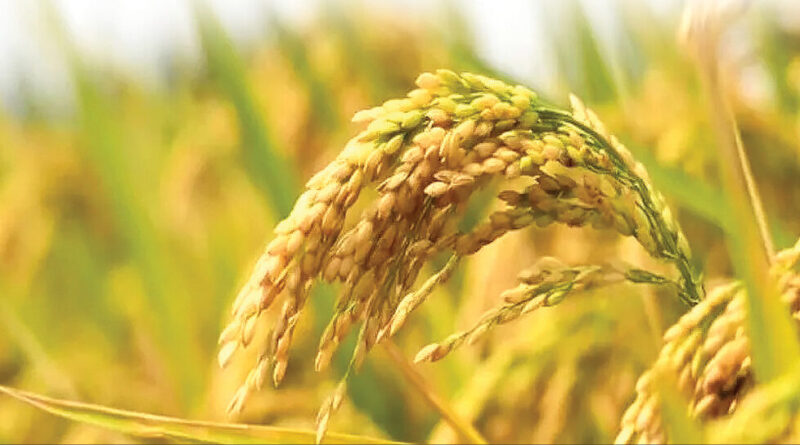Paddy procurement in Tamil Nadu for PDS dips by 9.2L MT
Paddy procurement in Tamil Nadu for the Public Distribution System (PDS) declined sharply by 9.26 lakh metric tonnes in 2023-24 and stood at 34.96 lakh MT against last year’s 44.22 lakh MT.
In the delta region, covering 10 districts, procurement fell by 4.33 lakh MT, while the rest of the state saw a drop of 4.93 lakh MT.
Lower paddy procurement is expected to raise the food bill for the Food Corporation of India (FCI), which relies on the Tamil Nadu Civil Supplies Corporation (TNCSC) to acquire paddy from farmers on its behalf. FCI is required to allocate 37.5 lakh MT of rice annually to the state under the National Food Security Act and other schemes.
The procured paddy is expected to yield only 23 lakh MT to 24 lakh MT of rice, forcing FCI to purchase additional rice from other states, thereby increasing its expenses.
Meanwhile, the TNCSC is opening the direct purchase centres for procuring paddy for the 2024-25 kharif marketing season from September 1. The revised minimum support price (MSP) is set at Rs 2,450 per quintal for A-grade paddy and Rs 2,405 for common paddy, which will be effective from Monday.
Farmers’ associations attributed the reduced procurement to various factors such as the delayed onset of the monsoon, delays in releasing water from the Mettur dam and insufficient water levels, leading to a substantial reduction in the overall paddy cultivation area.

J Radhakrishnan, Additional Chief Secretary of Food and Civil Supplies, said the procurement process aims to support small and medium-scale farmers wishing to sell their produce to the government. “We cannot compel farmers to sell exclusively to us. This year, we have received paddy from new taluks in Tiruvannamalai and other areas, but in some taluks, there was no paddy from farmers,” he added.
So far, the government has disbursed Rs 7,983 crore for procurement to 3.9 lakh farmers, with payments for the remaining 1,577 farmers being processed, Radhakrishnan said.
Agriculture department officials pegged the state’s annual rice production between 75 lakh MT and 80 lakh MT. TNCSC and other agencies are acquiring only a portion, and the rest is sold directly to private mills.
As of August 31, TNCSC and its authorised agencies have procured 34.96 lakh MT of paddy. This will yield approximately 23 lakh MT to 24 lakh MT of rice, which will be adjusted towards the 37.5 lakh MT that FCI is required to supply. On an average, FCI supplies 2.9 lakh MT of rice per month to TN.
A senior official from FCI’s Tamil Nadu region said, “We will purchase the additional demand of 13-14 lakh MT of rice from Telangana, a rice-surplus state. An additional expenditure of Rs 4 per kg of rice will be incurred for transportation. The payment made by TNCSC to farmers will be reimbursed to the state government at the end of the year.”
Federation of Cauvery Delta Farmers Associations president K V Elangeeran said only farmers with access to water through pumps have cultivated paddy this season. “Many farmers who rely on water from the Mettur dam did not cultivate paddy due to lack of water.
Although the Kuruvai package announced by the state helped farmers in the last 30 days, we urge the government to announce a similar package for samba as well. The cost of fertilizers, wages, and other expenses has increased significantly,” he said, adding that paddy production increased in the past two years but has now declined.
This article has been republished from The New Indian Express.

